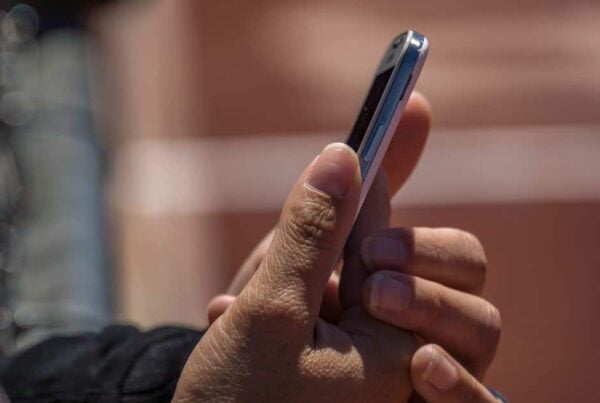Australia is working towards mandatory age verification. But its trials have been marred by disagreements. Tim Green, MEF’s programme director for ID and Data, reviews the latest events.
For 30 years we’ve been typing every kind of query into the internet. Now, it’s the internet’s turn to ask us a question – and it’s this…
How old are you?
Yep, all over the world it seems like a dam has burst. Law makers, responding to public concern, have decided enough is enough. It’s time to protect kids from adult material on the web. Countries from the US to France to the US and Australia are busy introducing mandatory age verification (AV) for ‘harmful’ content.

Initially the target was porn, but now it’s extended to social media, gaming platforms, dating apps, Reddit threads and even some Google Searches.
Now, there are clearly ethical questions around these new laws, with strong arguments on both sides. However, from a neutral MEF perspective the main concern is the robustness of the technology behind age verification.
And the early experiments reveal just how difficult it is to get this right. Case in point: the high profile Australian AV trials.
The escalation of AV laws around the world suggests we are living through a major turning point in the history of the internet.“
A bit of background first. Australia passed its Online Safety Amendment (Social Media Minimum Age) Bill 2024 in November last year. The law compels social media firms to use AV prevent under 16 from having accounts. It will come into force from December.
In the run up to launch, the UK-based Age Check Certification Scheme (ACCS) has been testing various types of AV technology. Reports now suggest that these trials have been contentious to say the least. The main issue seems to be the use of artificial intelligence to perform facial estimation tests. In other words, you take a photo of your face and let AI guess how old you are.
I’m always surprised by the prevalence of this tech in AV trials. It might be able to estimate a thirty-something. But how can it tell a 16 year old from a 19 year old? And, despite all assurances, why would an average member of the public believe their mugshot wouldn’t be kept on file by an adult-oriented site?
The reliability of facial age estimation has caused conflict in the Aussie trial. But it’s not the only issue. There have been resignations from the advisory board over the privacy policies of some AV firms and also about the ability to permanently de-identify all personal data collected from test subjects.
Of course, all of this is moot until the government publishes the report. Insiders have urged patience. Iain Corby, executive director of the Age Verification Providers Association, said people “need to be patient and get the full 10 volumes [of the report] in the public domain, and then it will be a lot clearer what the trial has found.”
This is a sensible position. But, for me, the niggles indicate the need to push ahead with on-device encrypted AV. Having a verified digital wallet on your phone or laptop that provides a tokenised ‘thumbs up’ without exchanging any data is surely the way to go. At present, on-device AV is just one of many options available to citizens (alongside face estimation, email scans etc). I think we can assume it will grow as wallets provided by ID start ups, governments and Apple/Google became more accepted. Let’s hope so.
The escalation of AV laws around the world suggests we are living through a major turning point in the history of the internet. No one can predict what will happen next. Can AV tech preserve privacy and protect kids? This is shaping up to be one of the great questions of our time.
Find out more about the themes discussed – Join the MEF ID & Data Interest Group.





